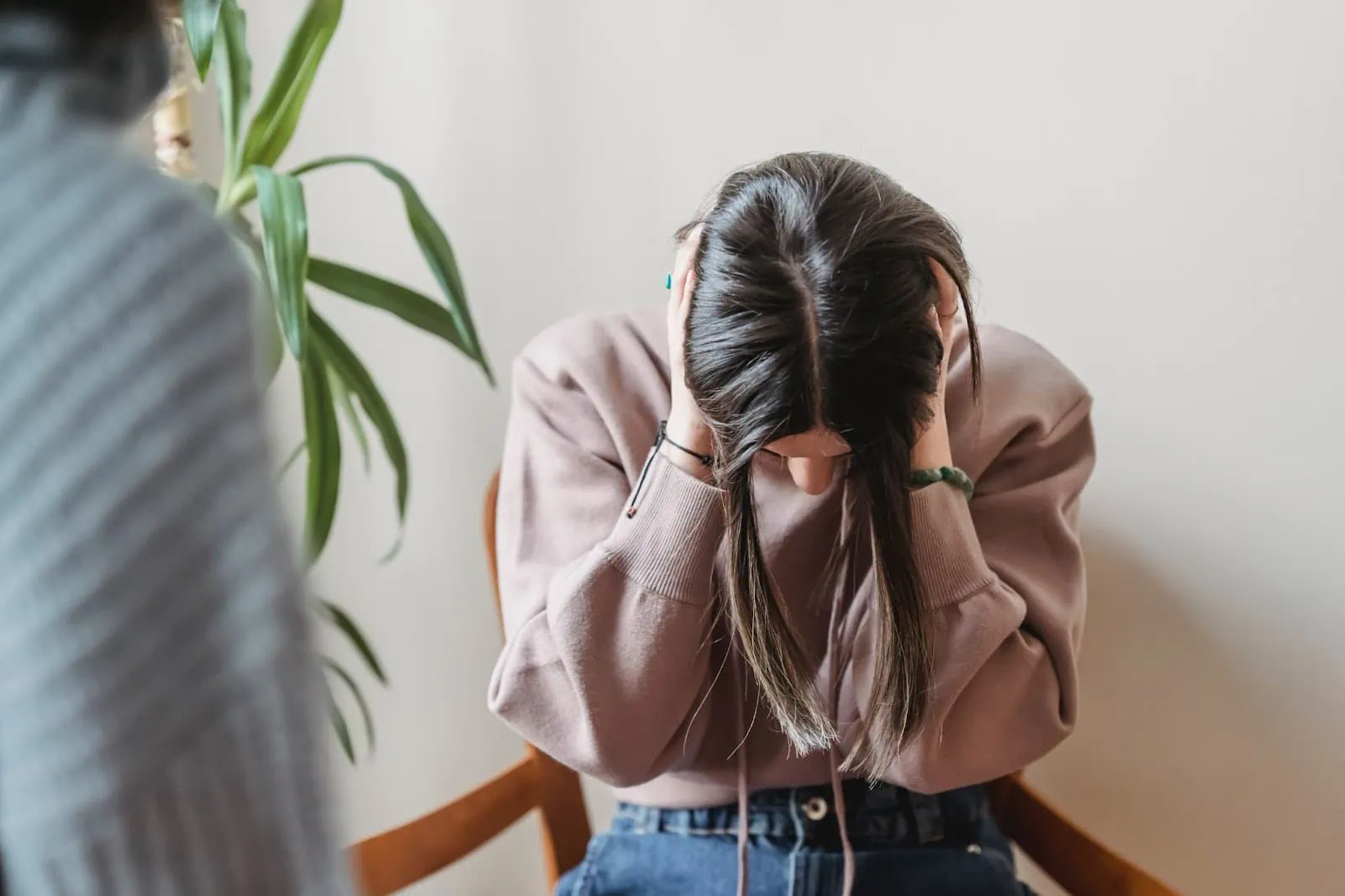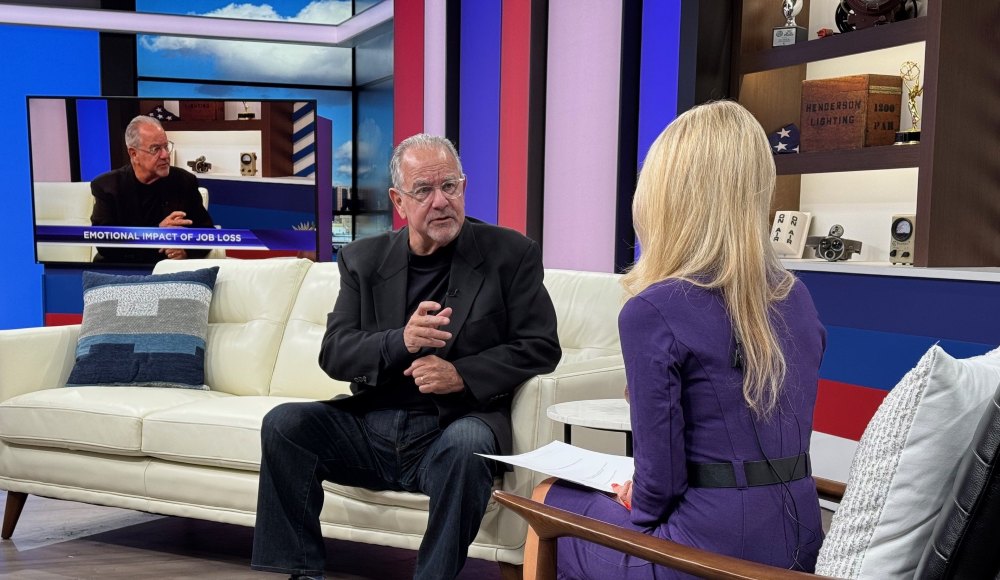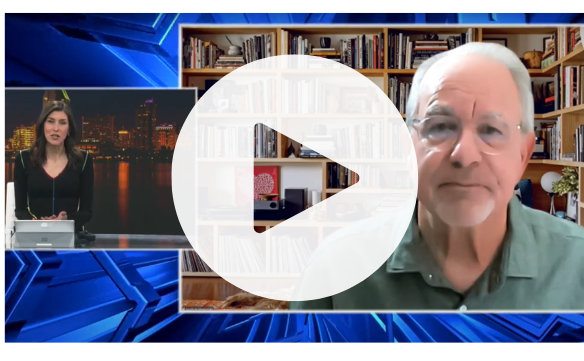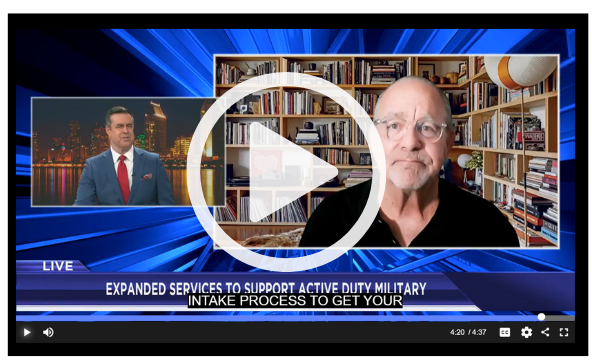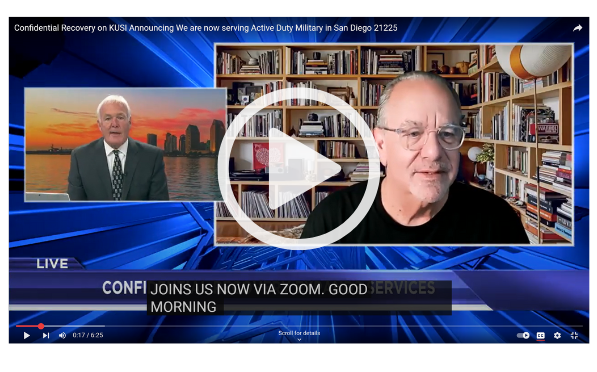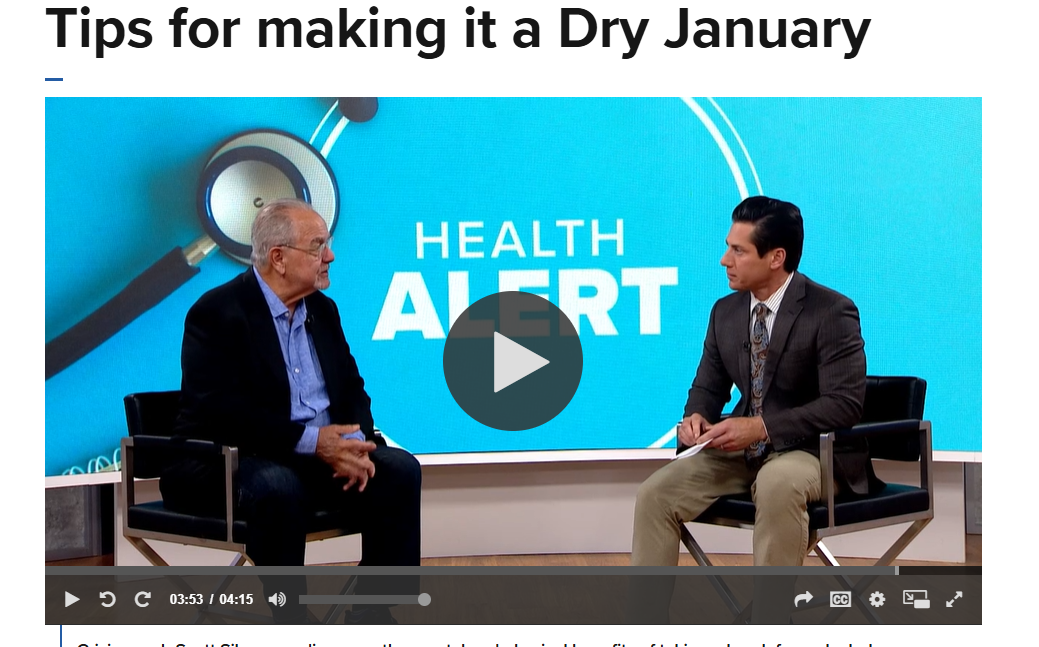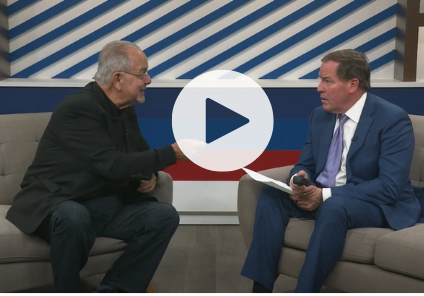As Scott mentions in his book, The Opioid Epidemic, overdoses claim more than 200 lives every day. That’s the equivalent of a plane crashing every day and killing everyone on board.
In 2020, that number rose to 250. Many substance abusers use their substance of choice to cope with stress and personal problems, and the Covid-19 pandemic provided plenty of extra anxiety and uncertainty. It’s easy to see when a friend, neighbor, family member, or co-worker begins to abuse a substance. It isn’t so easy to convince your loved one that they have a problem.
SAMHSA lists some symptoms of addiction:
- Increased tolerance
- Craving
- Inability to control how much they consume
- Withdrawal symptoms
The person dealing with substance use disorder rarely reaches out for help. It is almost always someone else, someone close to them, sitting down with them and discussing their concerns. It’s at this point that denial steals the show.
Very Well Mind says to expect the following behaviors from an addict in denial:
- Minimizing (“So-and-so drinks way more than I do, and you’re not talking to them.”)
- Rationalizing (“It’s only because I’m under a lot of pressure right now.”)
- Self-Deception (“I can quit anytime I want.”)
How do you handle responses like that?
The key is to listen. Express your concern for the addict’s welfare, but don’t engage in arguing. Don’t lose your cool. Sometimes all it takes is for an addict to hear themselves, and suddenly they wake up.
Other times, it’s not that easy. The addict may insist they’re fine; they don’t have a problem. In that case, there is only one thing you can do: ask for help. You would talk to a professional about any other disease, so don’t be afraid to do it for SUD.
Talk to a doctor, talk to a crisis coach, or talk to a peer. The CDC claims that 1 in 14 Americans have experienced a substance use disorder. Chances are, you know someone who’s been through this with someone they care about already.
A doctor can point you towards resources. Your community can offer support.
A crisis coach and family navigator can walk you through the entire process.
It’s a well-known fact that Scott is nearing his 37th year in recovery. He knows what recovery looks like, and he offers a unique, personal connection to struggling addicts and their families. To this day, he maintains a plan to keep himself sober and attends meetings. Recovery is a lifelong commitment, but he helps people see the benefits.
Once a person stops using, real healing can begin. It takes a village to get past an addict’s denial, convince them that they need help, and keep them on the right track. Someone has to be the catalyst. Someone has to reach out. That person could be you.
250 people died of an overdose in 2020. That number does not include those who survived an overdose. It doesn’t include addicts who haven’t overdosed—yet. Expect denial. Expect resistance. But please let that person in your life know you care. Reach out to them.
Then reach out to Scott.
Scott is the Founder and CEO of Confidential Recovery, an outpatient addiction treatment program in San Diego.
About Scott H. Silverman: Scott has been fighting against addiction for over 20 years, one person, speech, and book at a time. Contact Scott by calling (619) 993-2738 or visit Your Crisis Coach to learn more about Scott’s work and public appearances. You can buy a copy of his latest book “The Opioid Epidemic” here.
